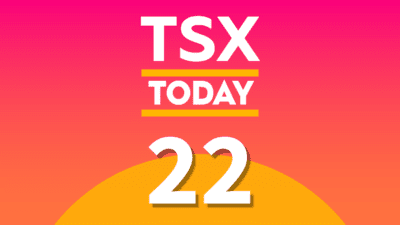In early March, JPMorgan Chase & Co. co-president Daniel Pinto warned that equity markets could suffer a “deep correction” of up to 40% in the next two to three years. Pinto made the statements in an interview with Bloomberg; he also stated that markets were “nervous.” He predicted that further protectionist measures from President Donald Trump could drive markets down further. The Dow Jones Industrial Average has fallen almost 2,000 points from its late January peak.
Markets have been anxious as the recently announced tariffs on steel and aluminum have sparked worries over the prospect of a global trade war. The United States has already exempted several key allies, including Canada, Australia, and Mexico, but the European Union has already pledged to retaliate to the measures. The Trump administration is reportedly planning to target China over intellectual property rights, which could worsen trade tensions between the two largest economies in the world.
Thus far, geopolitical fears have failed to generate momentum for gold and silver. Central banks have not wavered from the path of interest rate tightening, which has also punished utilities, telecom, and real estate stocks on the TSX. JPMorgan CEO Jamie Dimon hinted that late 2019 could bring a recession to the U.S. and perhaps beyond. In this event, there is little doubt that Canadian stocks would also suffer from the blow-back.
With that in mind, what stocks and industries should investors be keeping an eye on?
The 2007-2008 financial crisis and subsequent global recession hit the airline industry hard in Canada. Air Canada (TSX:AC)(TSX:AC.B) is the largest airliner in the country. Its stock was pummeled in the heat of the Great Recession, and shares fell below the $1 mark in early 2009. Air Canada stock did not reach double digits until late 2014. Downward pressure on the Canadian dollar could also have a negative effect on passenger traffic, as Canadian consumers see their purchasing power hurt.
The post-recession years have seen the rise of discount retailers like dollar stores. Dollarama Inc. (TSX:DOL), the largest dollar store retailer in Canada, has seen its shares rise over 1,500% since its initial public offering in October 2009. However, other retails would likely not fare so well in the event of a recession and heightened international trade pressures.
Canada Goose Holdings Inc. (TSX:GOOS)(NYSE:GOOS) has seen its stock surge over 165% since its initial public offering in March 2017. Canada Goose stock rose 4.69% to close at $45.50 on March 16. The Toronto-based company designs, manufactures, distributes, and is a retailer of premium outerwear. Many of its top shelf parkas go for over $1,000, and it could face challenges if consumers are battered by a recession.
Canada managed to escape the worst of the 2007-2008 financial crisis, but it has racked up record levels of household and consumer debt this decade. As with other developed nations, historically low interest rates and easy monetary policy has left the central bank with limited ammunition to confront a future crisis. Investors should identify industries and stocks that will be particularly vulnerable to economic shocks going forward.







